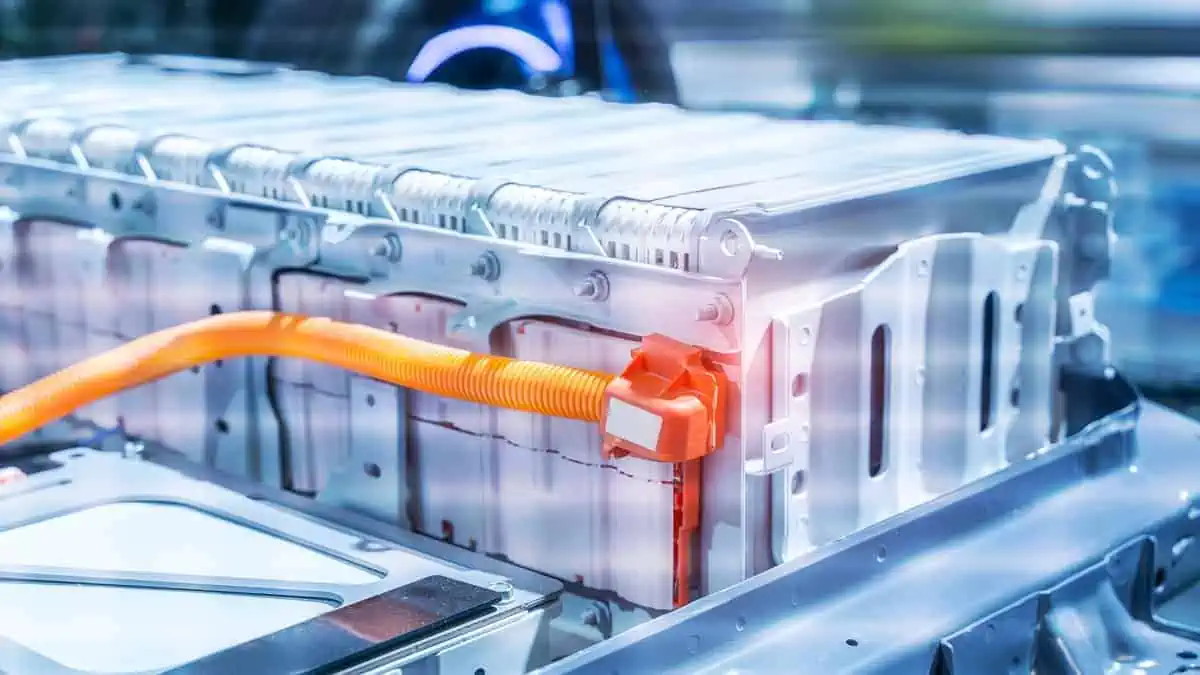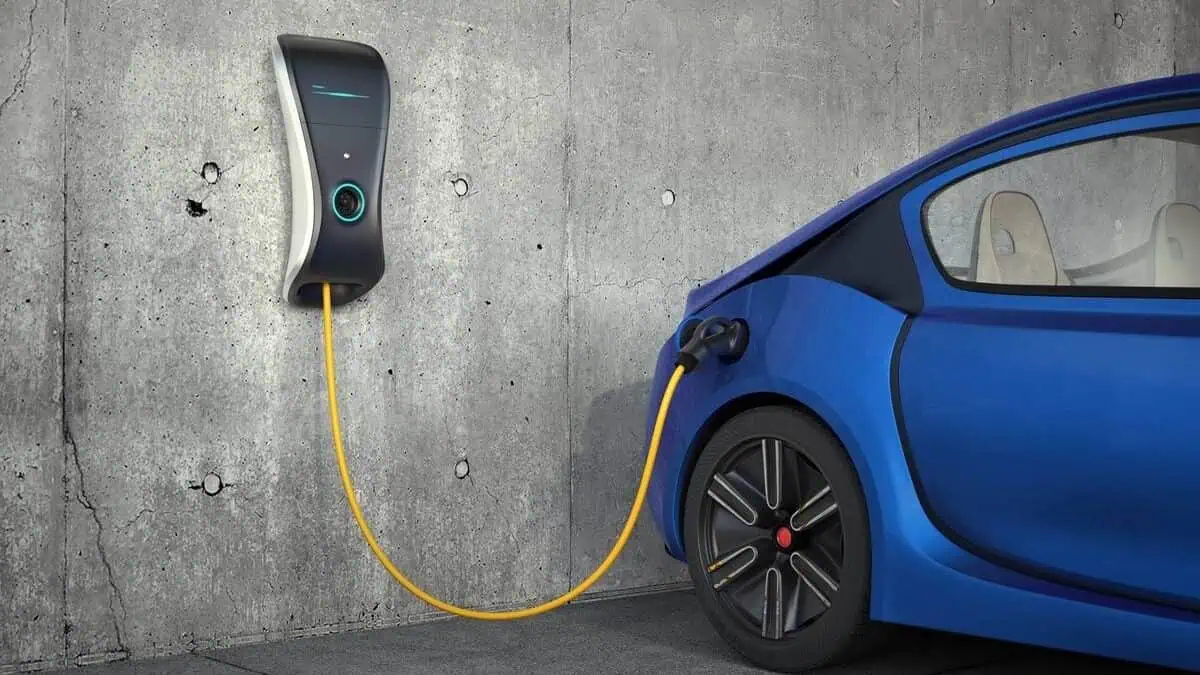Japanese battery giant Panasonic Energy initiated a discussion with Indian Oil early this month about a potential joint venture to manufacture electric vehicle batteries in India.
Panasonic taps Indian Oil for proposed local production
According to the press release, Panasonic Energy and Indian Oil officially inked a binding term sheet to establish a framework for forming a joint production of cylindrical li-ion batteries.
The two companies aim to establish a battery joint venture to meet the growing demand for batteries for two—and three-wheeler electric vehicles and energy storage systems in the country. They also seek to initiate a feasibility study to analyze potential battery applications to aid the country’s shift to green energy.
Panasonic Energy and Indian Oil plans to finalize the partnership by the summer of this year.
Tesla’s imminent arrival in India
Panasonic’s sudden interest in India came after news emerged about Tesla’s ongoing electric vehicle production in Giga Berlin for the Indian market. Previous reports suggested that Tesla will import its electric vehicles to the Indian market in late 2024.
Tesla Chief Elon Musk recently declared in a recent Spaces session with Nicolai Tangen that launching its electric vehicle models in India is a logical next step for the company, given that it is currently the most populous country in the world. Moreover, it is also the third-largest automotive market behind China and the United States.
“India is now the most populous country in the world, based on population. India should have electric cars just like every other country has electric cars. It’s a natural progression to provide Tesla electric vehicles in India.”
Tesla CEO Elon Musk
As EV-a2z recently reported, Tesla’s proposed gigafactory in India is expected to cost $2 billion to $3 billion. The company plans to deploy its team in the country later this month to scout potential sites for the project.
Tesla’s imminent arrival in the Indian market is made possible by the government’s introduction of a new policy that lowers taxes on select electric vehicles imported by foreign automakers. However, they must commit to investing at least $500 million in local manufacturing and start operations within three years. They can enjoy a lower tax rate of 15% for a maximum of 8,000 EVs per year. This rate only applies to models with at least $35,000 CIF value. Foreign companies must also have a minimum Domestic Value Addition (DVA) of 25% by the third year of production and 50% within a maximum of 5 years.
All that said, India has been a really challenging market for Tesla. Thanks to the new electric vehicle policy, the electric vehicle giant seems to be getting closer to its long-standing plans to dominate the Indian market with its innovative models.
Mutual benefit
Panasonic acknowledges the high market prospect of India, considering its enormous population of 1.4 billion people.
With the potential aid of Indian Oil, the country’s leading state-owned oil production company, Panasonic can easily navigate its way through the Indian market.
In return, the Japanese battery giant will help Indian Oil reach its net zero CO2 emissions target by 2046. For reference, the Indian government aims to hit carbon neutrality by 2070.






